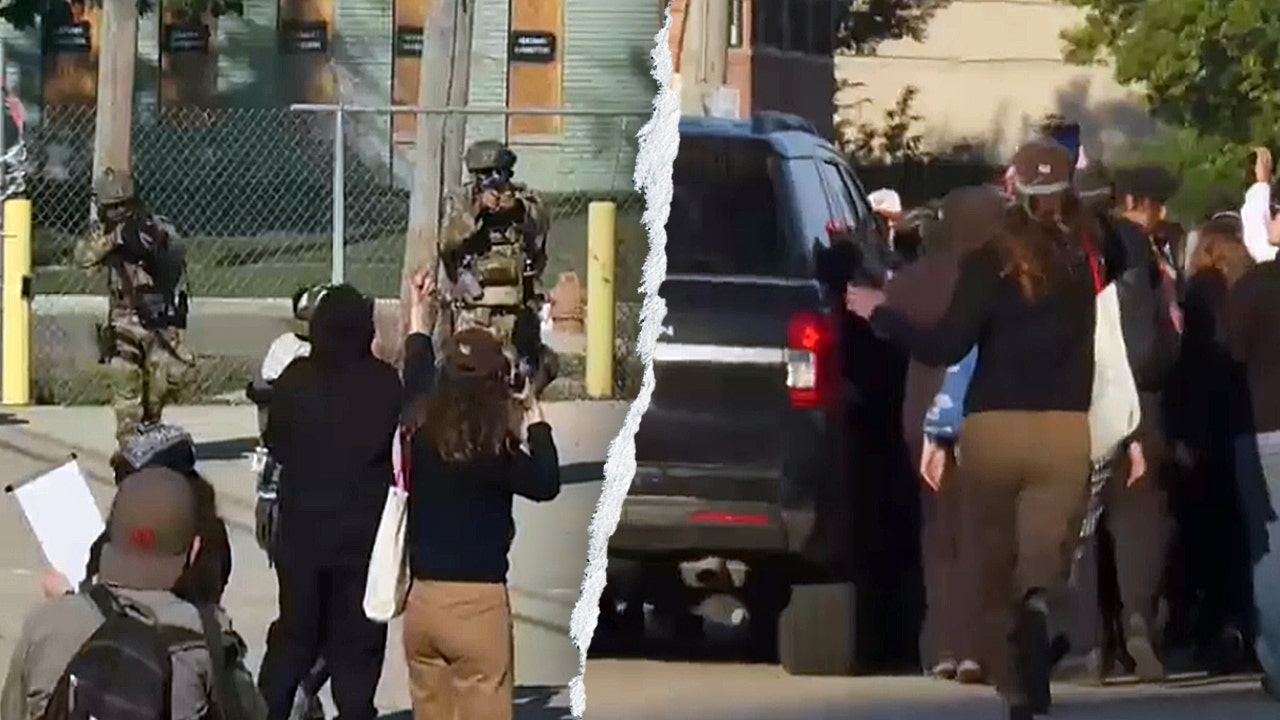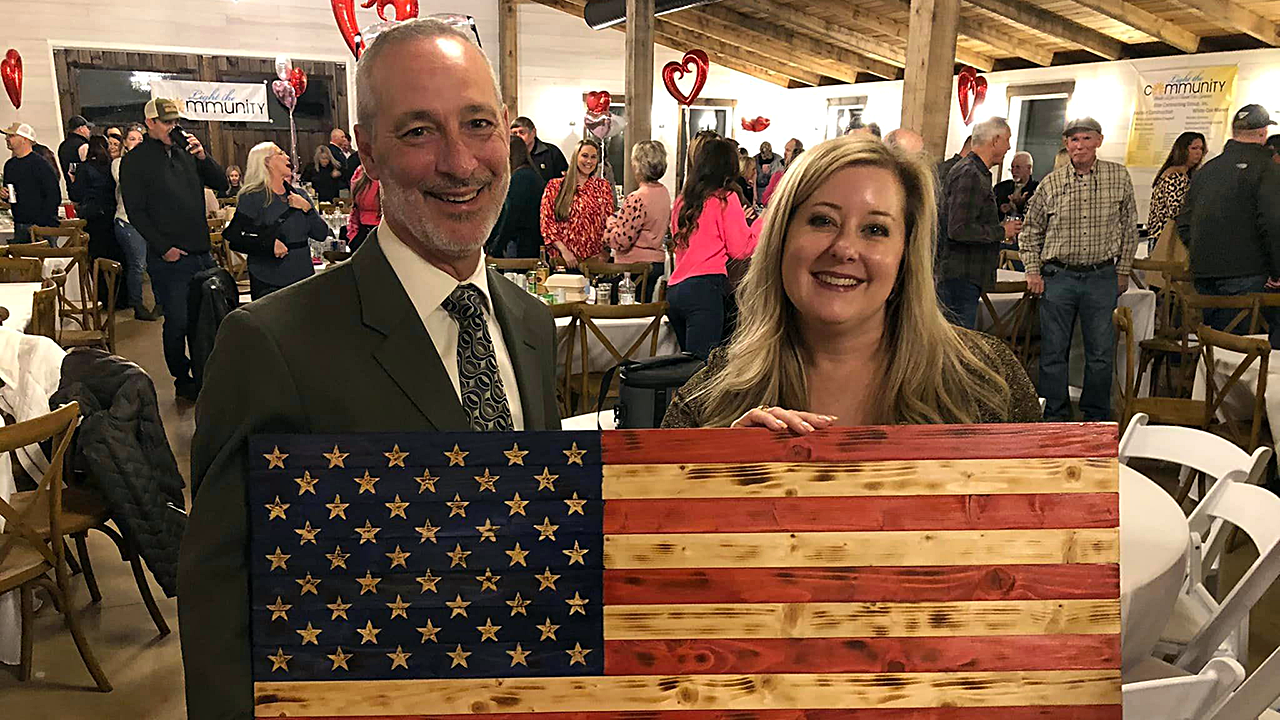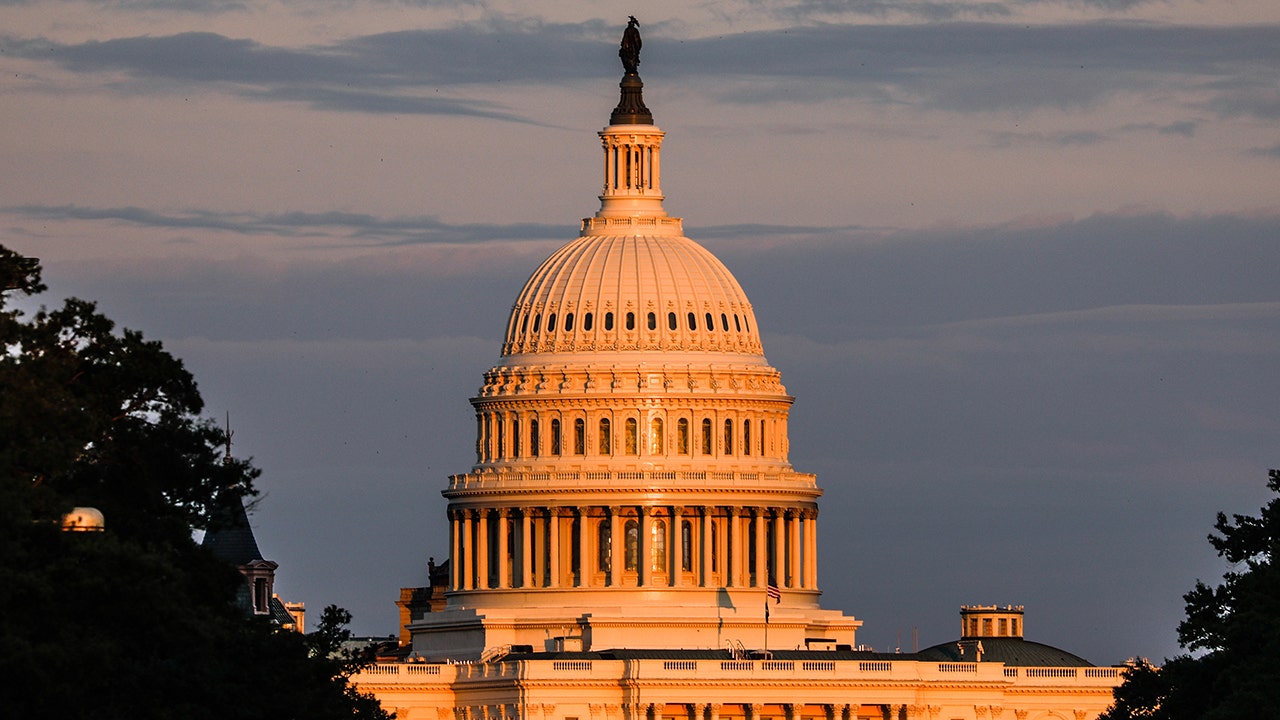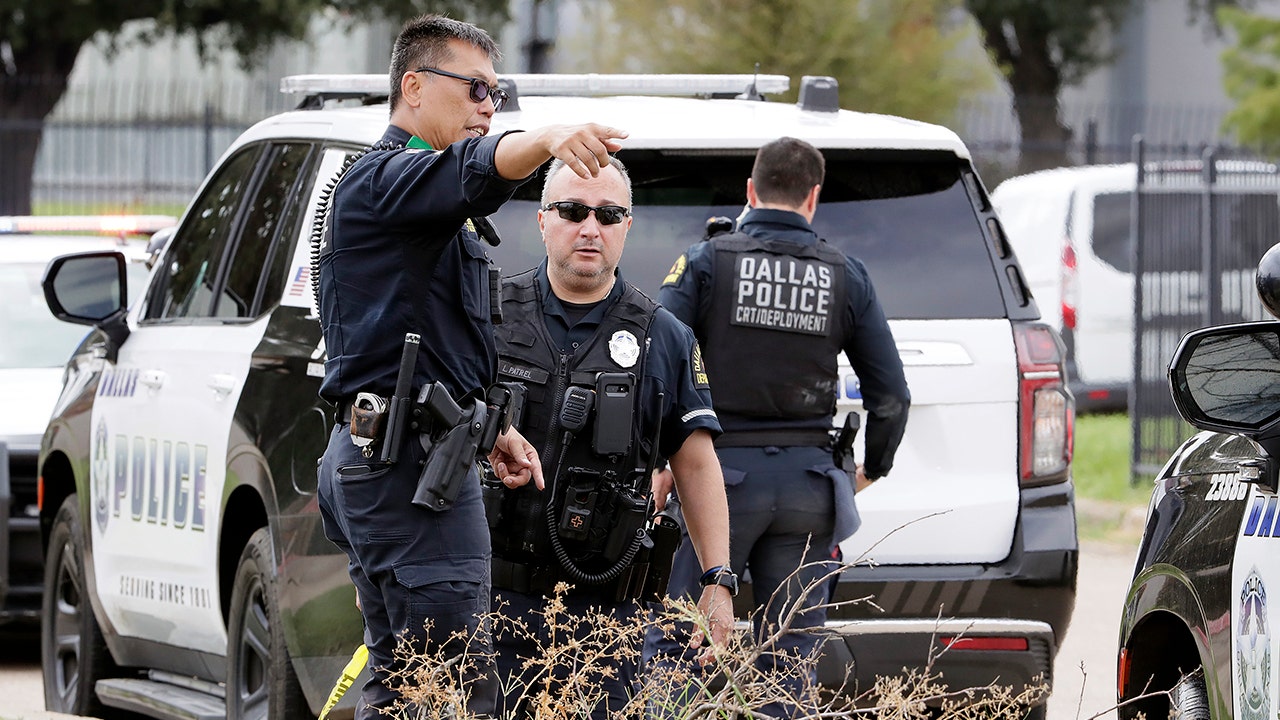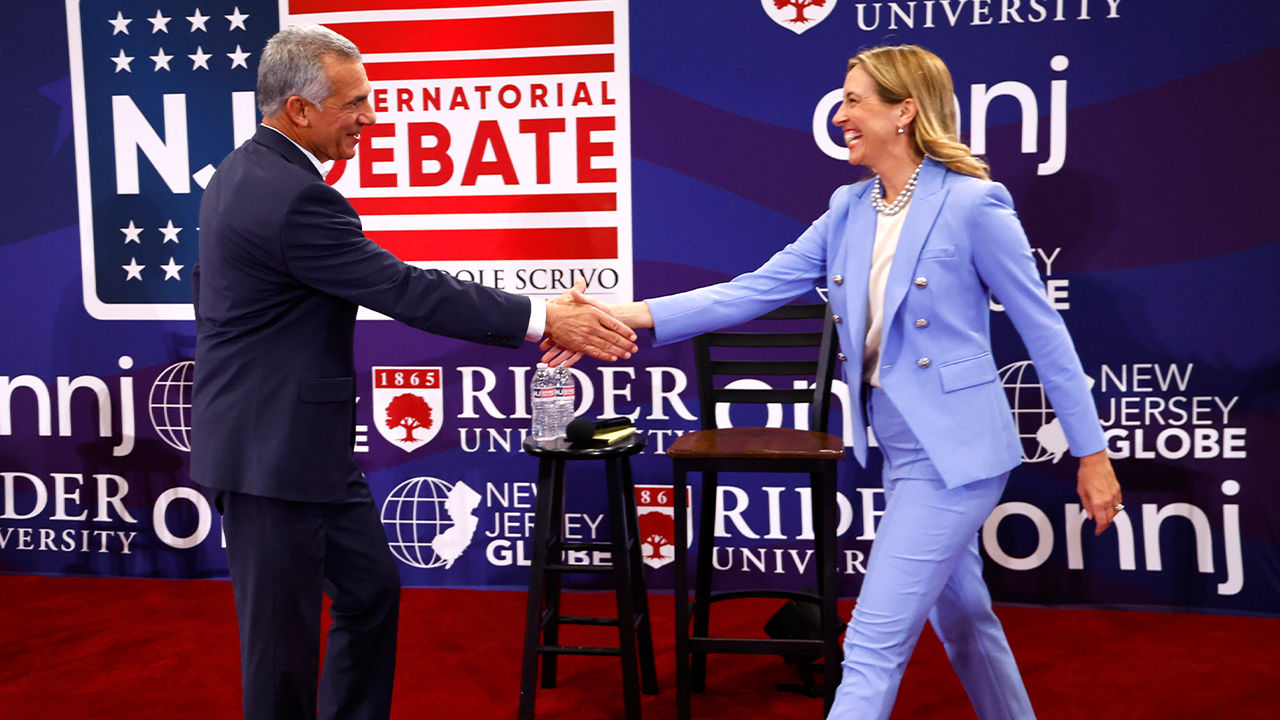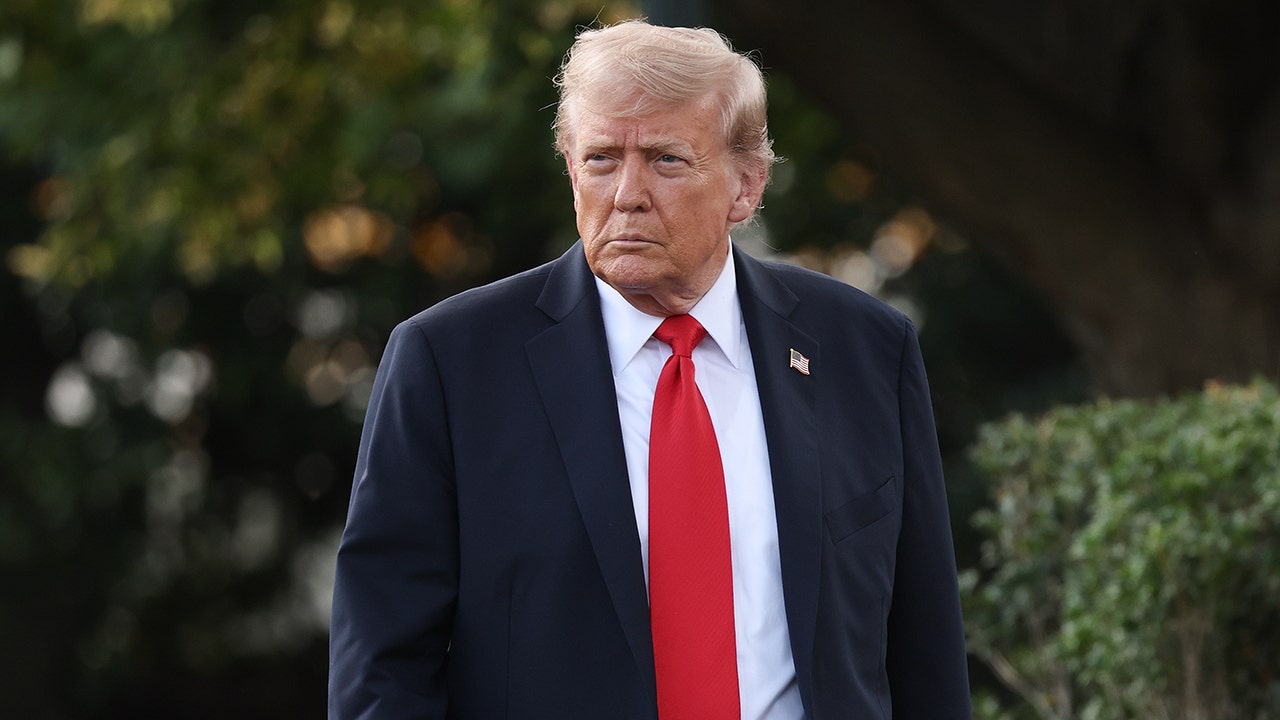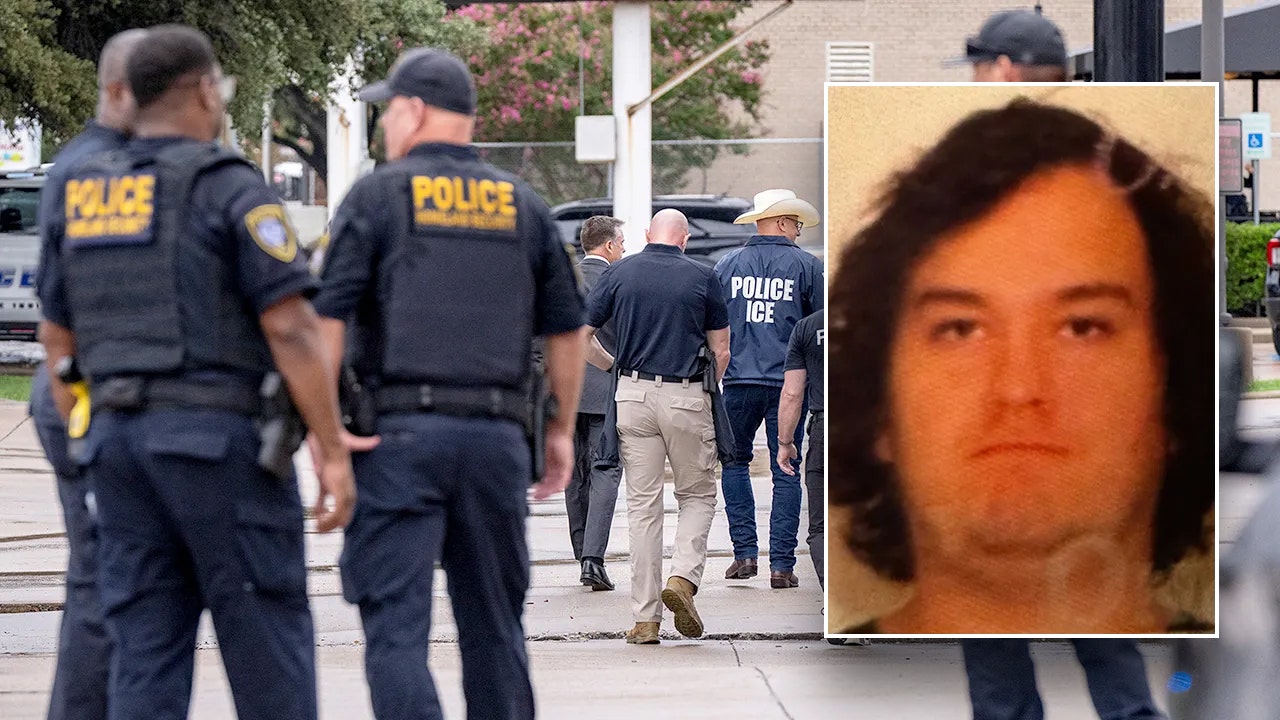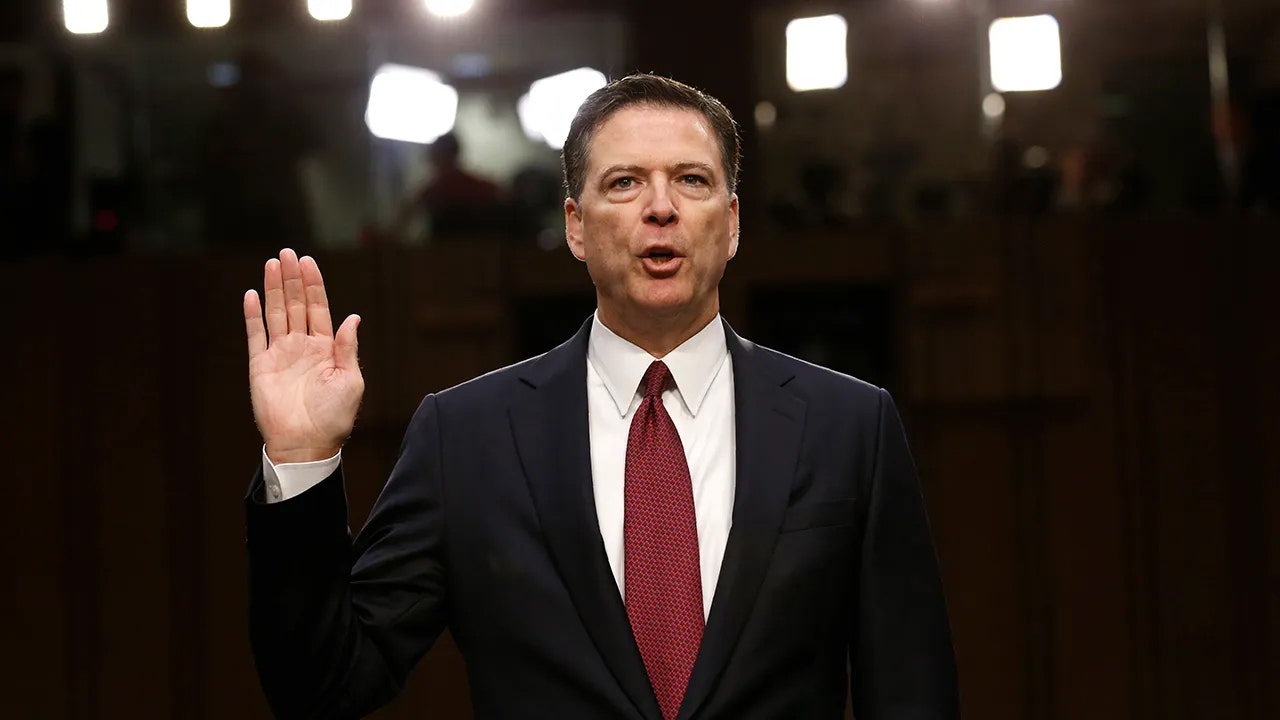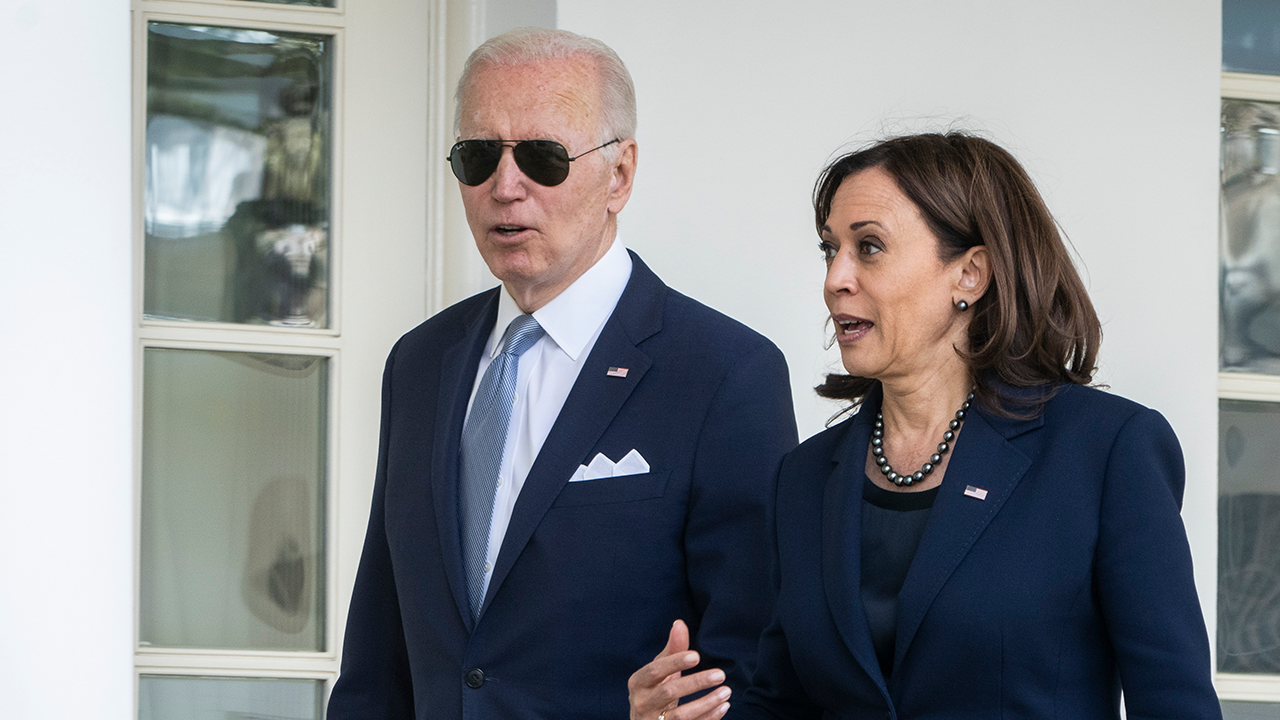NEWYou can now listen to Fox News articles!
A “government shutdown” in the federal wild is a rare sight.
Oh, people talk a lot about government shutdowns. It’s kind of like spotting an elusive species while on safari in Africa. Maybe spying the Aurora Borealis during a trip to Quebec. Perhaps finding yourself in the “zone of totality” for a solar eclipse.
Many now toiling on Capitol Hill, serving in the federal government, working for the current Trump administration or as freshmen in Congress have never witnessed a government shutdown. You might not know exactly what to expect. After all, Congress and a presidential administration haven’t had a dalliance with a government shutdown since the 35-day closure in late 2018 and early 2019.
GARBAGE COLLECTION, TOURS TO BE SUSPENDED ON CAPITOL HILL IF THERE’S A GOVERNMENT SHUTDOWN
Every shutdown is different. It’s a near political certainty that the sides seize up periodically, compelling a government shutdown. Such was the case with the last one. President Donald Trump demanded money for his border wall. The same with the 16-day shutdown over repealing Obamacare in 2013. Or even with a couple of partial but significant shutdowns in late 1995, stretching into 1996, over cuts to health care and environmental spending.
Here’s what we know about past shutdowns:
Federal employees not deemed essential don’t go to work. The military and those in national security remain on the job. However, pay for everyone is in abeyance until the shutdown is settled. Anything not essential stops. National parks and museums usually close. However, the Postal Service continues to operate. Passport processing usually stops. Air traffic controllers continue to work.
But they aren’t paid until there’s a resolution. The government continues to pay Social Security and other retirement or health benefits, but there’s always the possibility that federal workers who process those checks could refuse to come to work if they’re not getting paid and a shutdown drags on.
REPORTER’S NOTEBOOK: TRUMP CANCELS MEETING WITH DEMOCRATS AS SHUTDOWN LOOMS
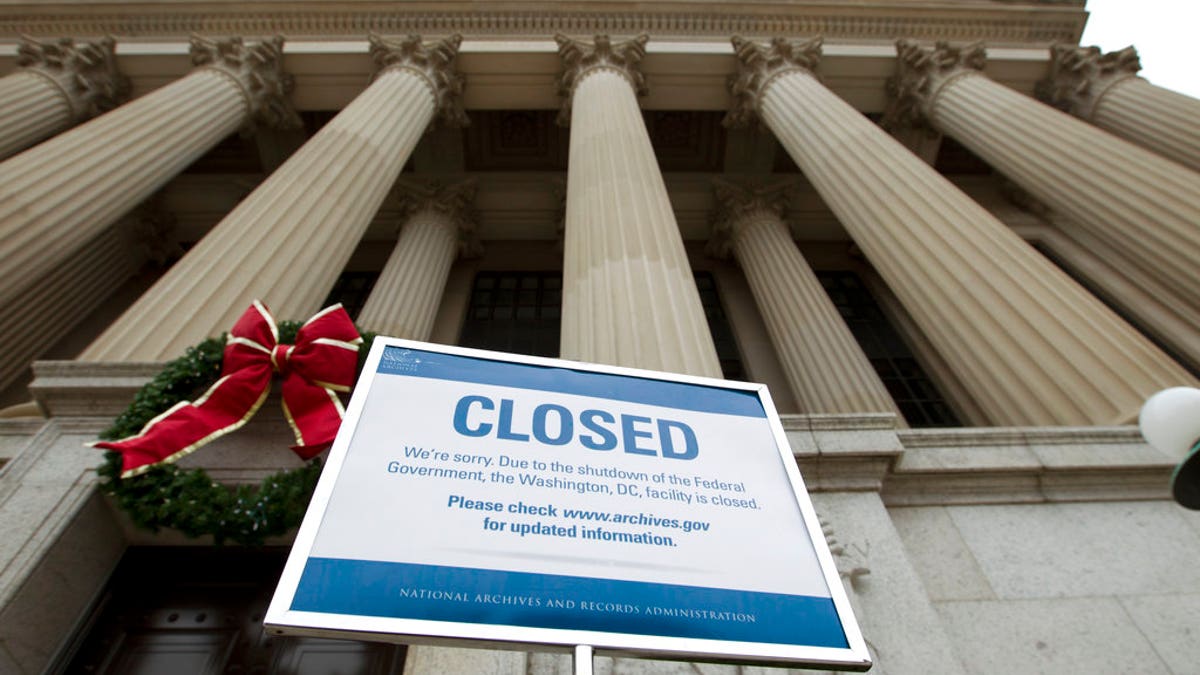
There’s often a tipping point in each government shutdown that triggers the sides to lay down their political swords and forge an agreement. That returns everyone to work.
In 2013, U.S. Capitol Police officers were still on the job without pay when they got involved in a high-speed chase and shooting that started at the White House and wound up near the Hart Senate Office Building. Officers were injured in the mayhem. That prompted lawmakers from both sides to sober up and re-open the government.
Growing concern about aviation safety helped end a 2019 shutdown. Air traffic controllers worked for more than a month without pay. A small group of controllers elected to stay home. That prompted a temporary shutdown at LaGuardia Airport in New York. Issues also materialized in Newark, N.J., Atlanta and Philadelphia. Fear of a major air disaster prompted lawmakers and the first Trump administration to terminate the shutdown.
Congress is different from the rest of the federal government. That’s because Article I, Section 5 of the Constitution allows it to make its own rules. The House and Senate usually meet during a shutdown. But major committee hearings are often postponed. Lawmakers continue earning their paychecks. That’s because the 27th Amendment prohibits “varying the compensation” of lawmakers without an intervening election. Some lawmakers make a point of saying they won’t accept pay during a shutdown. They may try to defer their compensation or even donate it to charity.
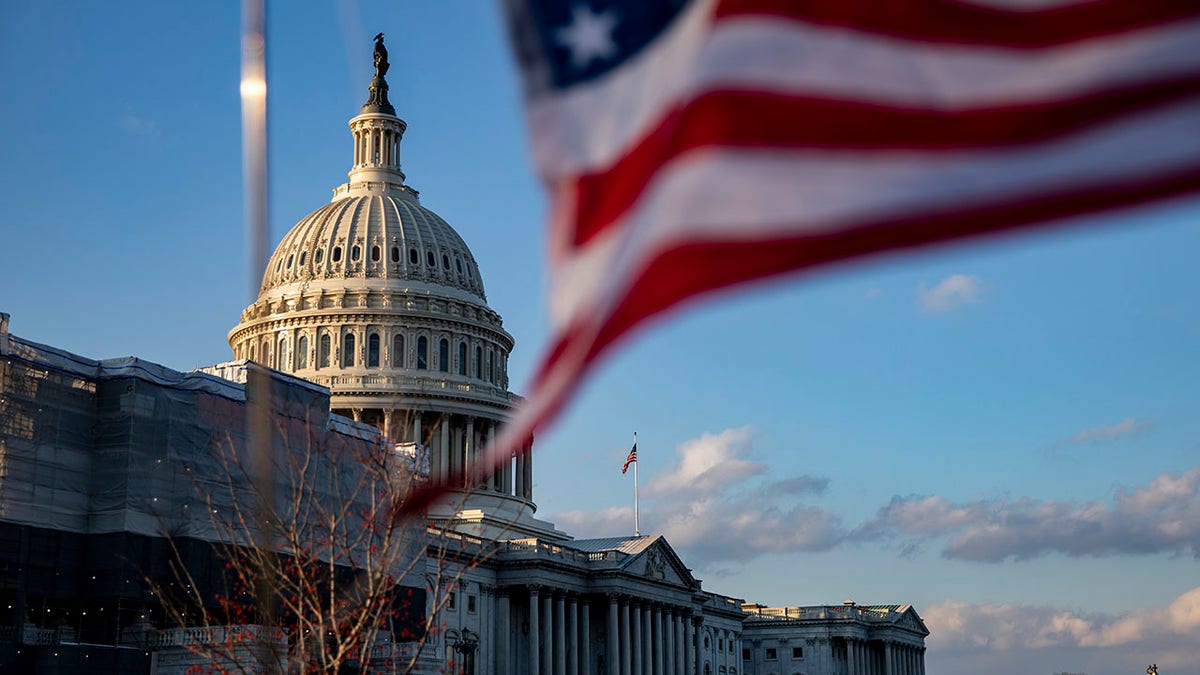
Congressional staff are paid, but not until a shutdown is over.
Every House and Senate office operates like an independent entity within Congress. So lawmakers decide who must come to work and who doesn’t. Some lawmakers determine that only a top aide or two are “essential.” Others claim they represent 750,000 people in their congressional district. Therefore, all of their staffers are “essential.”
But the institution of Congress makes decisions about Capitol Hill operations.
U.S. Capitol Police stay on duty. But restaurants, cafeterias and barber shops close during a shutdown. Custodians are furloughed. That means garbage and trash around the Capitol isn’t collected. Formal tours of the Capitol are suspended. The flag office — which handles requests from constituents to fly flags atop the Capitol on behalf of school groups or veterans — is shuttered.
Who prevails in government shutdowns? It’s hard to gauge the political benefit. It’s widely believed that former President Bill Clinton won his standoff with former House Speaker Newt Gingrich, R-Ga., in 1995-1996. Clinton rode easily to reelection in the fall of 1996. Gingrich seemed to bleed support on Capitol Hill after the shutdown. But Gingrich secured significant spending reforms that ultimately resulted in a federal surplus a few years later. And Republicans maintained control of the House and Senate in 1996.

Sen. Ted Cruz, R-Texas, engineered the 2013 shutdown over repealing Obamacare. Obamacare remains the law of the land. Cruz won reelection in 2018. Democrats didn’t flip the House in the 2014 midterms as Republicans expanded their majority. And the GOP gained control of the Senate.
The 2018-2019 shutdown started even before the House and Senate swore in freshmen elected in the 2018 midterms. So divining a political impact from that particular shutdown is challenging. A host of other factors — including the COVID-19 pandemic — were much bigger than the shutdown by the time we got to November 2020. Trump lost reelection that year. Democrats maintained control of the House in 2020, and Democrats narrowly flipped the Senate.
But every shutdown is a little different. Has its own signature. A shutdown during Trump’s second term may be unlike any other shutdown we’ve seen.
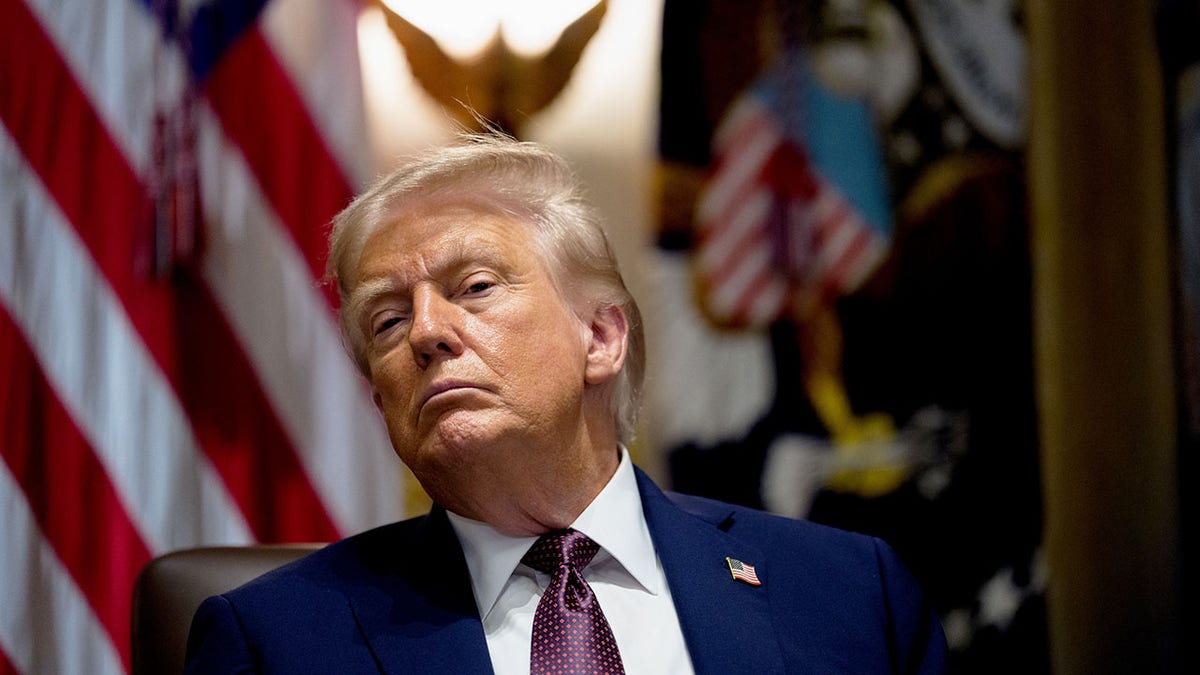
White House Budget Director Russ Vought issued a memo this week, suggesting there may be mass firings if congressional appropriations lapse and those federal employees work on programs that don’t mesh with the Trump administration’s priorities.
Sen. Chris Van Hollen, D-Md., who represents tens of thousands of federal workers just outside Washington, D.C., characterized this as “mafia-style blackmail.”
“Do you view the OMB memo as a threat to get you guys to back down or a bluff?” yours truly asked House Minority Leader Hakeem Jeffries, D-N.Y.
“We will not be intimidated by Russ Vought, who is completely and totally out of control,” replied Jeffries. “Our response to Russ Vought is simple: Get lost.”
On X, Jeffries called Vought “a malignant political hack.”
At this stage, the sides aren’t even trading offers. Just barbs.
That’s why political observers believe that the chances of a shutdown next week are astronomical. Either Democrats really take it on the chin — and accept the GOP bill. Or Republicans cave.
“We’re not going to change our position. That’s our position,” said Sen. Bernie Moreno, R-Ohio.
Sen. John Fetterman, D-Pa., was the lone Democrat who supported the Republican plan last week in the Senate.
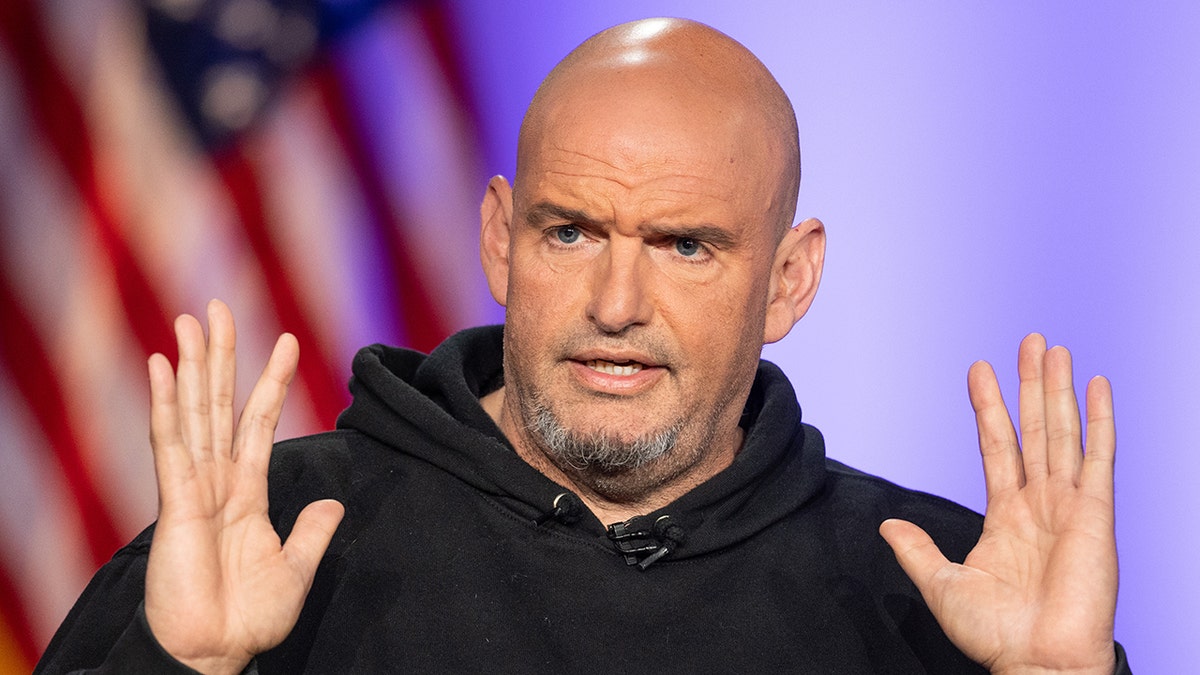
“If anyone believes that we’re on a rocket sled to autocracy, why would we hand a shuttered government over to President Trump or to Vought at OMB?” questioned Fetterman.
In nature, it’s rare to spot an addax. An amur leopard. A red wolf.
Government shutdowns are rare as well. But you might spot a shutdown in the wild soon. And you may have even witnessed other government shutdowns before. But perhaps not a shutdown like this one.
Read the full article here





